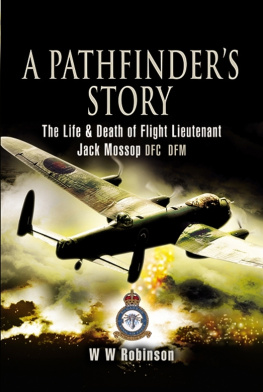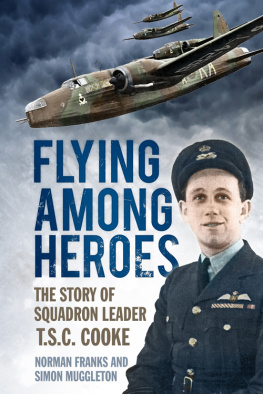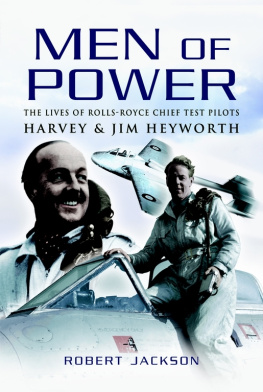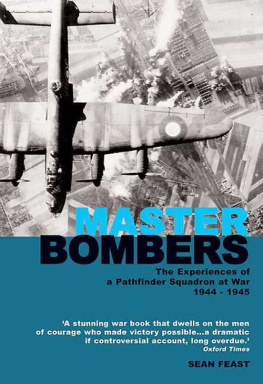
By the Same Author
The Powerless Ones: Gliding in Peace and War
The Starkey Sacrifice: The Allied Bombing of Le Portel, 1943
Beam Bombers: The Secret War of No. 109 Squadron
Radar Reflections: The Secret Life of Air Force Radar Mechanics
in World War Two
Pathfinder Cranswick was first published in 1962
by William Kimber and Co. Ltd.
Condensed as a Fleetway Colourback in 1963
by arrangement with the publishers of the original edition.
Paperback edition first published in 2006
by Exposure Publishing, an imprint of Meadow Books
of Burgess Hill, West Sussex, with a revised second edition
in March 2008.
Published in 2012 by Fighting High Ltd,
23 Hitchin Road, Stotfold, Hitchin, Herts, SG5 4HP
www.fightinghigh.com
Copyright design and layout Fighting High Ltd, 2012
Copyright text Michael Cumming 2012
All rights reserved. No part of this publication may
be reproduced, stored in a retrieval system, or transmitted,
in any form, or by any means, electronic, mechanical,
photocopying, recording or otherwise, without the prior
permission of the publisher and copyright holder.
The rights of Michael Cumming to be identified as the
author of this book are asserted in accordance with the
Copyright, Patents and Designs Act 1988.
British Library Cataloguing-in-Publication data.
A CIP record for this title is available from the
British Library.
ISBN 13: 978-0956269676
EPUB ISBN: 9780957116399
Designed and typeset in Monotype Baskerville
11/14pt by Michael Lindley www.truthstudio.co.uk
Printed and bound by Toppan Printing Co. (UK) Ltd.
Front cover design by Michael Lindley
Dedicated to
Alexander Parr Cranswick
So that he may
know his father better
Contents
Appendix:
Foreword to the Original Book
Air Vice-Marshal D. C. T. Bennett CB, CBE, DSO (RETD)
To look back at a boy-man so simply courageous and so selfless in his sacrifice as was Squadron Leader Cranswick is an inspiration which, in this bitter stupid world of early 1962, is both rare and elevating. He fought for the country and the people he loved and for their principles of freedom and justice.
He was not a flamboyant roistering character but simply a quiet honest Englishman. He hated war, but more he hated the tyranny and injustice which was Germany itself and he fought them with his all. He was not one of the lucky fearless ones his courage was far greater, for he overcame real fear, as many did and his sacrifice was therefore a thousand deaths before death itself.
Freedom and justice are not vague or empty ideals. They are real and practical but we have lost a great deal of freedom, and justice is impoverished and fitful. Have the Cranswicks who saved us in war, lost in fact in peace? We who live on have a duty to see that the petty tyrants who have arisen in our community are denounced and removed.
Alec Cranswick paid the supreme sacrifice for us; to honour him, we can do nothing less than to work to make the country he loved a truly great and noble one.
Don Bennett (1962)
Preface
It was back in the late 1950s when I first came across the name of Alec Cranswick and, urged on by curiosity being a journalist on a London evening newspaper at the time I launched into absorbing research that produced two entirely unexpected results. One was that I became so engrossed in Cranswicks story that I was able to turn it first into a feature series for my paper, The Star, then into a hardback book; the other was that it fostered an increasing interest in wartime aviation to such an extent that four more titles have followed Pathfinder Cranswick onto the specialist bookshelves.
Why was it that the initial awareness of Alec Cranswicks name set me off on such a route? In truth, it really was curiosity (though I prefer to call it a finely tuned news sense!) that prompted me to contact Air Vice-Marshal Don Bennett, the founder of RAF Bomber Commands Path Finder Force, and to ask him why it was to Squadron Leader A. P. Cranswick, DSO, DFC, that he had dedicated his own book, Pathfinder, which I had just been reviewing for my paper. It turned out that Cranswick was a pilot a member of PFF from its early days whose career distinction was that, as a bomber pilot, he apparently flew the largest number of operations. The use of apparently is mine, despite Bennetts own enquiries having reached that landmark conclusion and my own subsequent research echoing it. Many years on, with no one having ever challenged this contention with me (or even, to my knowledge, queried it), I am confident we can regard the publication of this 50th Anniversary Edition of Pathfinder Cranswick as the defining moment when we can confirm that certainly among ops crews flying the Blenheim, Hampden, Whitley, Wellington and Manchester twin-engined bombers and later the four-engined Stirlings, Halifaxes and Lancasters Cranswicks record is no longer apparent: it has stood the test of time; it is beyond dispute.
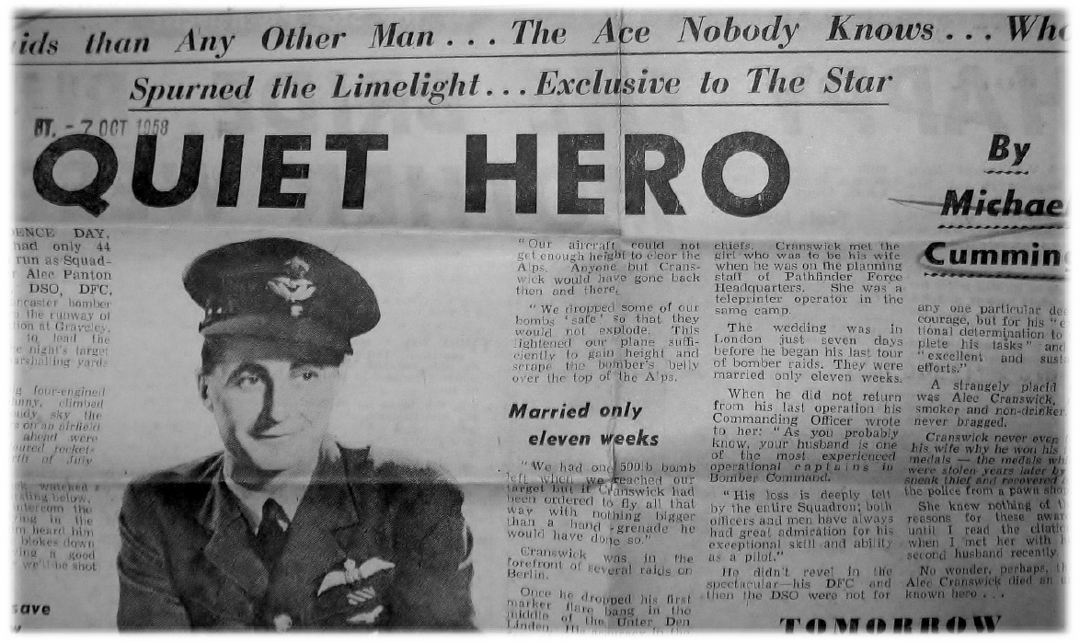
Newspaper cutting where Cranswicks name appears in print for the first time. He is dubbed the Quiet Hero. (Authors Collection)
In this present publication, by introducing an Appendix as follow-on pages to the original work, the 1962 biography has been extended and updated with signiicant new material. For instance, more about Cranswicks early brush with death on a dummy airield in England and, after all these years, the definitive account of how his Lancaster was shot down over France on that final operation after backing-up the target indicators for Main Force bombers. Focus is also directed too late now? towards an inexplicable lack of formal recognition when Cranswick reached his century as a bomber pilot, serving first with No. 214 Squadron and then successively with Nos 148, 419 and 35 Squadrons.
Apart from drawing upon German military documentation, which proved to be a surprising benefit in revealing how that 107th mission at the controls of a heavy bomber was hastened to its abrupt and tragic end, much of what is now included comes from being able to examine previously restricted documents within The National Archives at Kew formerly the Public Record Office; so I am pleased to acknowledge the facilities offered and the assistance readily given by its staff.
Inevitably, 50 years on, the original text may sometimes seem at odds with studies published in the intervening period (having relied, at the time of writing, on contemporary accounts in the public domain or on personal recollections), though known discrepancies have been flagged and statistics updated as Notes.
In the Acknowledgements section of the first publication of Pathfinder Cranswick I was pleased to note that without the complete cooperation of the two women in Alec Cranswicks life namely, his mother and his wife I could never have written this book. Their help was magnificent, and to them, above all others, I acknowledge my most sincere appreciation.
Many people, particularly those among Alec Cranswicks own aircrews, devoted much of their time so generously to assist me, and I express my grateful thanks to each one, especially Mr Ivor L.J. Howard, Mr Wilfred R. Horner, Squadron Leader H. Leslie Hulme, DFC, and Mr Harry H. Brown. My thanks are due, too, to Mr Frank Fisher, Warden of St Edwards, Oxford, and his staff, for guiding me throughout the chapter on this renowned school and the Old Boys who have distinguished themselves in the service of their country. A later incumbent and staff have continued this assistance in helping update it most recently Mr Chris Nathan, Archivist, first by locating a Cranswick portrait unavailable in the original research and then enabling the inclusion of a range of illustrations depicting the school itself and its former pupils.
Next page
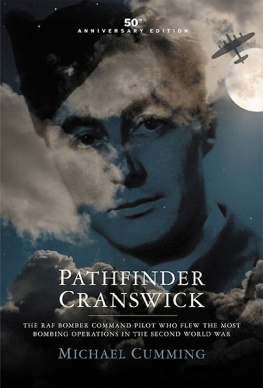
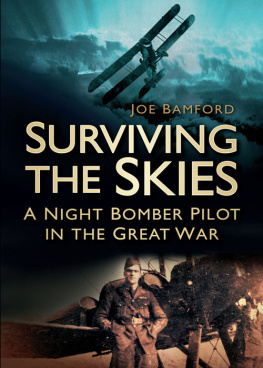

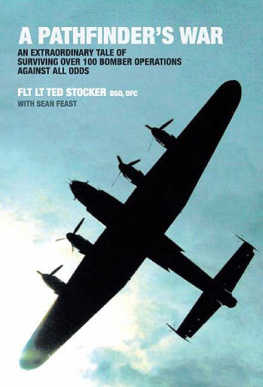
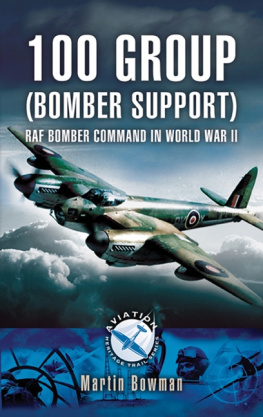
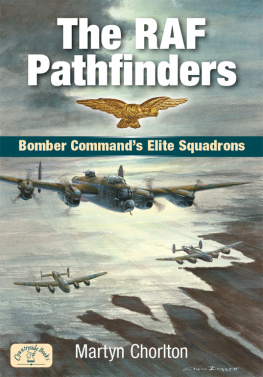
![Bar Wing Commander Guy P. Gibson VC DSO - Enemy Coast Ahead [Illustrated Edition]](/uploads/posts/book/180257/thumbs/bar-wing-commander-guy-p-gibson-vc-dso-enemy.jpg)
